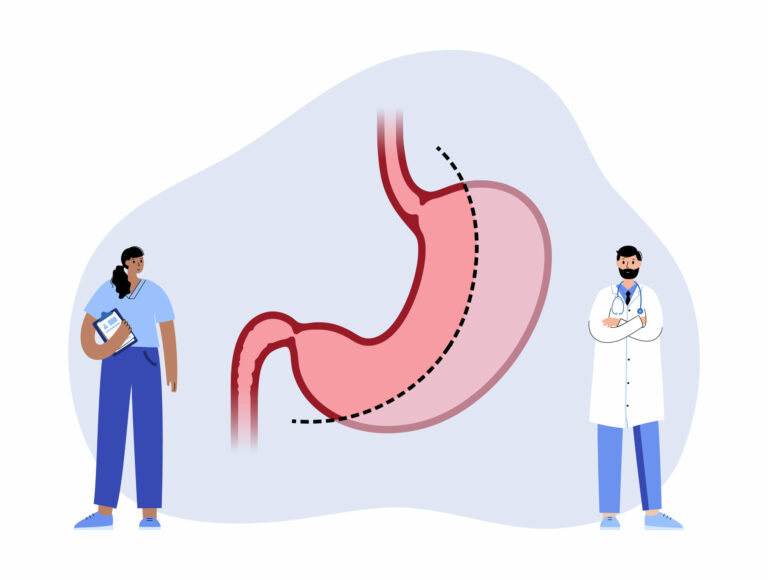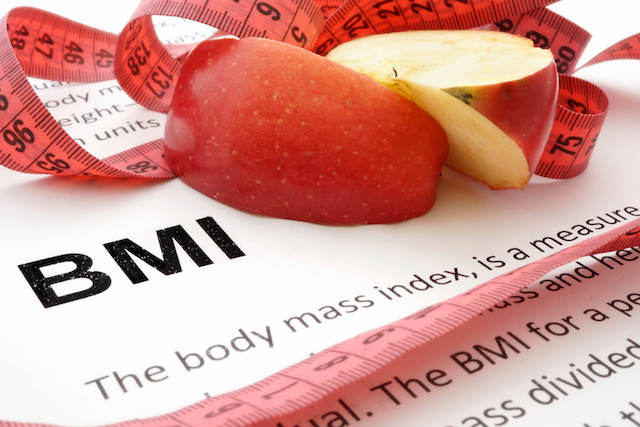Obesity and Gum Disease
Obesity has long been known to contribute to several serious health conditions, including heart disease, hypertension, diabetes, and arthritis. However, it may also affect oral health as well. A recent study published in 2016 indicates that individuals who are overweight or obese have a significantly higher risk of developing periodontal disease. In fact, obese participants in the study were 57% more likely to develop advanced gum disease involving bleeding on probing (BOP) and clinical attachment loss (CAL, when the gum tissue detaches from the tooth).
Possible Relationship
While research hasn’t yet been done to determine the exact relationship between obesity and gum disease, experts do have some ideas on how excess weight affects oral health. Obesity has long been linked with inflammatory diseases, including cardiovascular disease, and it’s possible that this plays a role. To understand how this works, it’s important to know how gum disease develops.
Your mouth is a haven to bacteria of all kinds, some of which are harmful. Normally, your body can fend off these harmful bacteria, especially with the help of proper oral hygiene. However, if you don’t brush or floss often enough or if there is an issue with your body’s immune function, bacteria can build up along the gum tissue, forming plaque and eventually causing inflammation. As swelling continues, the gums will eventually detach from the teeth, leaving pockets where more bacteria could build up.
Obesity increases the production of inflammatory proteins, and that can reduce the body’s ability to fight off infections and make inflammation worse. Blood flow to the gums may also be reduced, further decreasing the body’s ability to fend off periodontal disease.
Preventing Gum Disease
Preventing gum disease begins with oral hygiene, but losing weight can also help. Fortunately, obesity is a reversible condition, but it takes diligent effort to overcome it. In some cases, diet and exercise may not quite do the trick, so other methods may be necessary. A bariatric surgeon such as Dr. Malladi can help you determine what’s best for you when it comes to losing weight and preventing related conditions.







